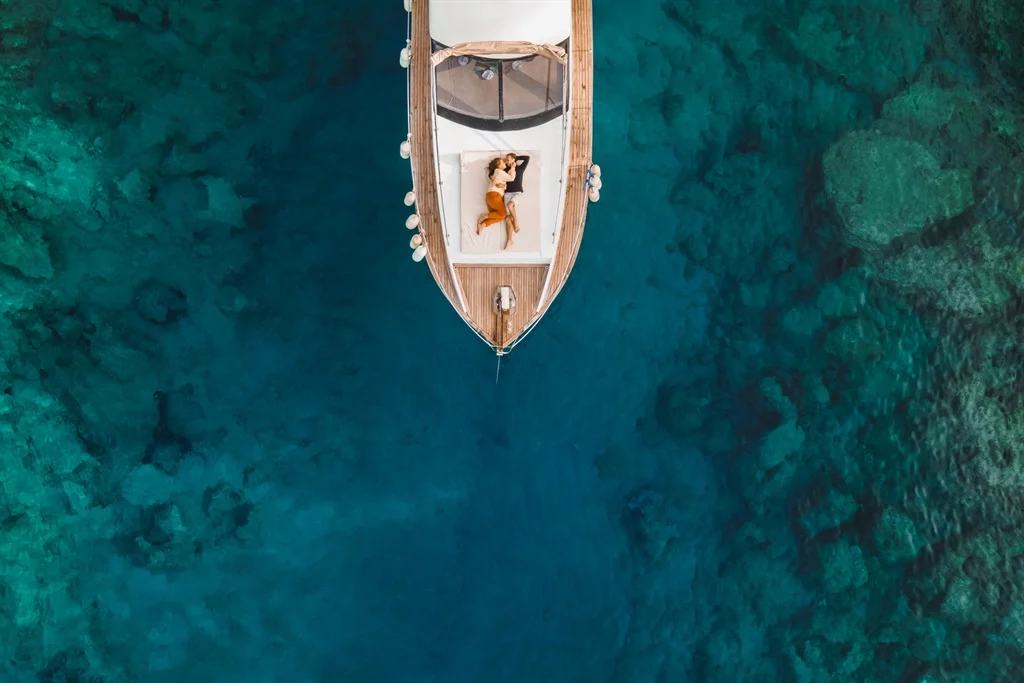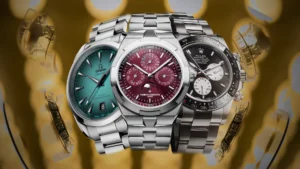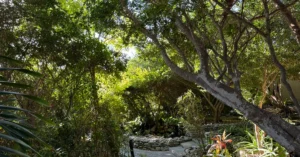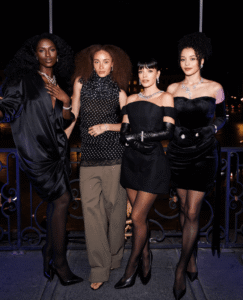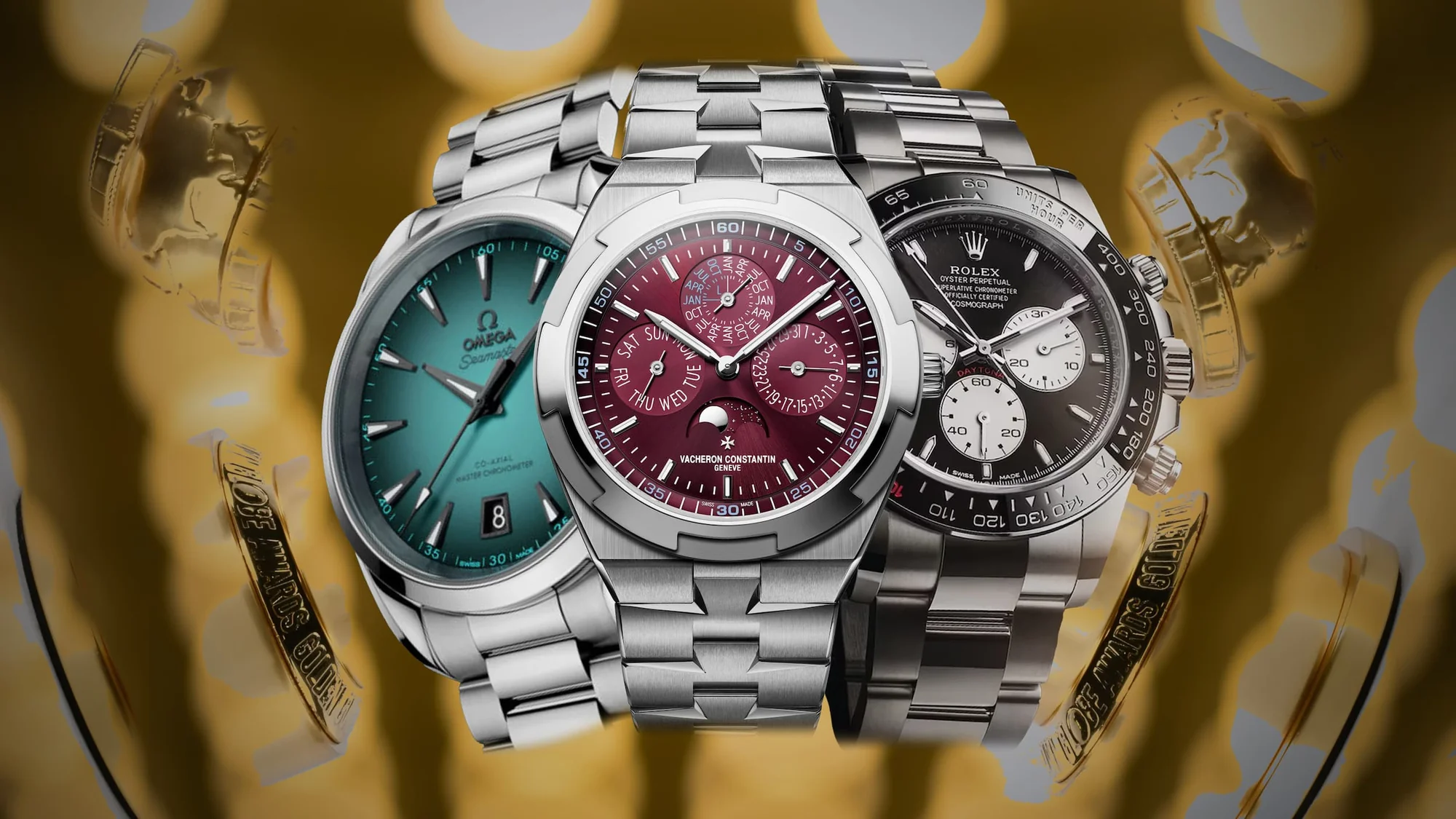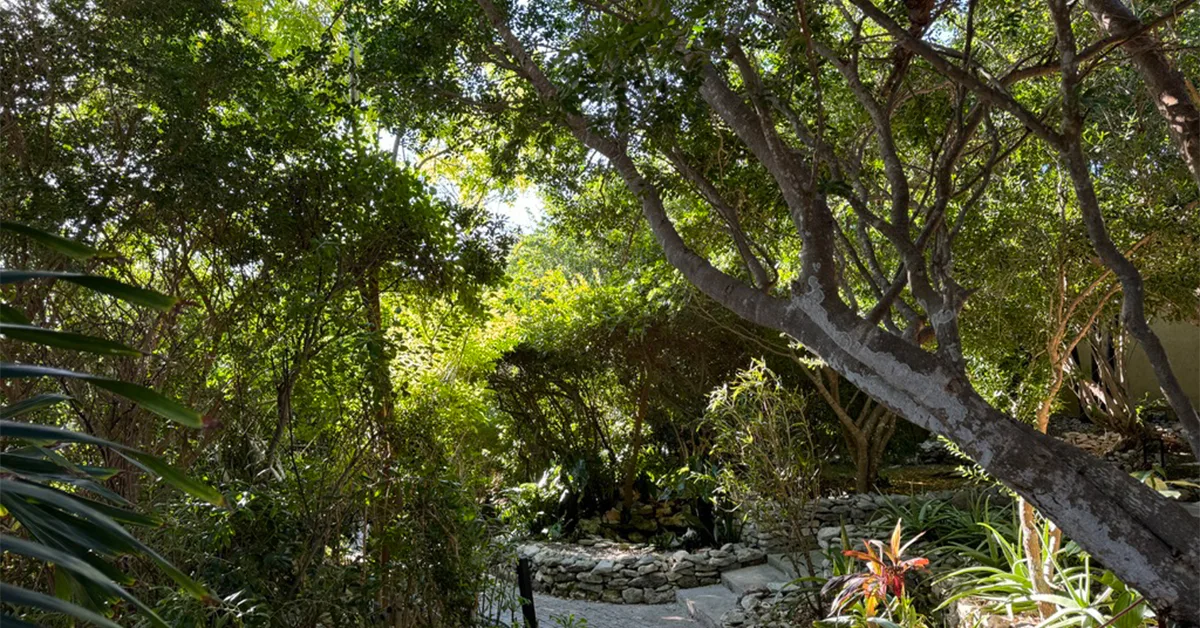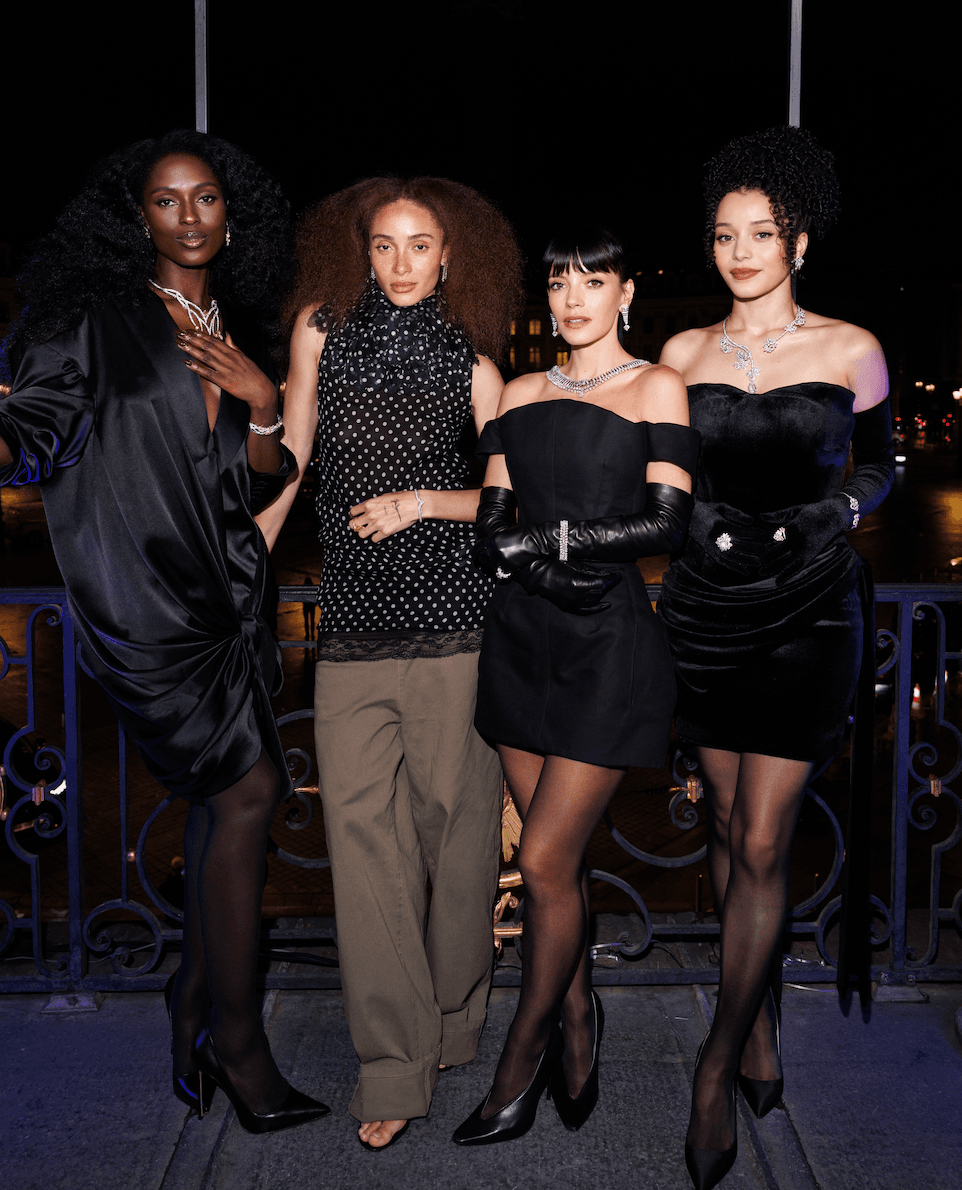As we step into 2025, the world of luxury travel is undergoing a profound transformation. Once identified with extravagant indulgence and exclusivity, this booming industry is evolving to reflect modern values, catering to a broader demographic and offering something far more precious than material excess: authenticity, sustainability, and meaningful experiences.
This shift comes at a time when global economic conditions seem contradictory to the luxury sector’s success. Yet, the numbers tell a story of resilience. The global luxury travel market is projected to climb from $1.4 trillion in 2024 to $2.2 trillion by 2030, with regions like Asia-Pacific leading the charge at an annual growth rate of 8.6%. Even during an ongoing cost-of-living crisis, luxury travel has proven its unmatched capacity to capture the imagination—and wallets—of travelers worldwide.
The concept of luxury in travel has transcended its traditional trappings. Gone are the days of largely superficial extravagance exemplified by grandiose displays, such as elephants delivering gifts in the lobbies of opulent hotels. Instead, today’s high-end travelers are in search of solitude, connection, and one-of-a-kind moments.
Modern luxury is defined by rare, authentic experiences: expert-led cultural deep dives, off-the-beaten-path eco-retreats, and wellness-focused escapes designed to rejuvenate both body and mind. According to Forbes, travelers increasingly prioritize “stories worth sharing” over material luxuries, choosing vacations that create meaningful memories over sheer indulgence.
Traditionally, the luxury travel industry catered to affluent retirees or the ultra-wealthy elite. However, its demographic has shifted dramatically. Millennials and Gen Z travelers are now key players in the market, with many trading traditional luxury goods—like designer clothing or high-end cars—for transformative travel experiences. Interestingly, some of these younger travelers don’t even possess millionaire bank accounts but are happy to channel their resources toward more meaningful vacations.
Additionally, emerging markets in the Middle East and Asia are fueling growth. Travelers from these regions no longer settle for pre-packaged itineraries or sightseeing tours en masse. Instead, they expect bespoke adventures that align with their values, allowing them to unplug from the digital overload of daily life while reconnecting with nature and culture.
Another striking trend is the growing consciousness of sustainability within luxury travel. Aware of tourism’s environmental impact, today’s travelers favor eco-friendly options, from solar-powered lodges to off-peak travel schedules that mitigate overtourism. Luxury accommodations are increasingly aligning with these priorities, incorporating renewable energy, locally-sourced materials, and initiatives aimed at conscientious consumption.
The demand for wellness travel has also skyrocketed. Whether it’s yoga retreats in serene mountain hideaways or stress-reducing escapes in pristine nature, travelers see vacations as critical opportunities for personal growth. Digital detoxes—where guests can unplug and engage in slow, mindful travel—are yet another luxury trend reflecting the modern desire to find balance in an overly-connected world.
Modern luxury travel reflects the broader shift in societal values, moving away from materialism and toward experiences that make people feel enriched, authentic, and alive. As one traveler put it, “Luxury today is about how it makes you feel—authentic, grounded, and alive.” This ethos is what drives travelers to pursue moments that reconnect them with themselves, their loved ones, and the world.
“Revenge travel,” driven by the pent-up desires from years of pandemic restrictions, has further solidified this shift. People are more motivated than ever to reclaim lost time, explore untouched destinations, and invest in transformative journeys that resonate personally.
As we look ahead, the future of luxury travel is clear: it’s no longer about what tourists can buy but what they can feel and experience. Whether through eco-conscious expeditions, wellness-focused escapes, or bespoke cultural immersions, the modern traveler seeks journeys imbued with purpose and connection.
The luxury travel industry’s evolution symbolizes a fundamental change in values: meaningful, soulful experiences now hold a higher currency than material possessions. In 2025 and beyond, true indulgence lies in the stories you bring home—not the souvenirs you carry.
Luxury, redefined, no longer shines brightest in its glittering surfaces but in the quiet, authentic moments that inspire—moments that make us feel more human. This is the future of travel, and it’s one we’re eager to embrace.

